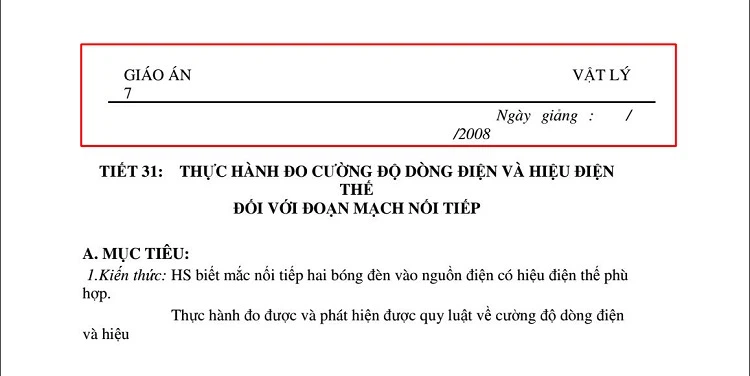Although we can’t know for sure what a child’s IQ is, recent studies have discovered 5 traits shared by children with high IQs.
So what are these 5 traits?
1. Sensitivity to Anxiety
According to research, many children who appear heavily anxious tend to have higher IQs than other children. This may be because individuals who are prone to anxiety are more likely to think deeply and consider more, compared to those who are more laid back.

Recognizing an Intelligent Child
A study conducted on over 2,000 identical twins in the United Kingdom found that children who began reading at a very young age had higher IQs than their twins who started reading later.
This may be because they are naturally smarter and could start reading earlier, or it could be seen as reading earlier makes them appear smarter. But in reality, teaching children to recognize and read early not only enhances cognitive development but also makes them smarter.
People often hear the saying “left-handed people are more intelligent.” A large study has shown that left-handed children think differently than right-handed children.
They are more likely to have “divergent thinking,” which means they have the ability to expand focus while problem-solving, stimulating creativity, and they can use unique methods not constrained by boundaries to propose their own solutions.
4. Musical Education
Multiple studies have shown that children who learn musical instruments from a young age can improve their language and cognitive abilities. This is because children often require high levels of concentration and autonomy during the process of learning music.
Psychologist Sylvain Moreno also conducted a study on 48 children aged 4 to 6: he had half of the children learn music and the other half learn visual arts. After the experiment, they found that up to 90% of children participating in music courses had higher IQs.
5. Sense of Humor
If a child is always cheerful around others and tends to say something funny while interacting with people, they may also have a high IQ! This is because research has found a positive correlation between “IQ” and “Sense of Humor,” possibly because both are related to reasoning and language skills.
Girl Faces Criticism After Admitting Santa Claus Isn’t Real
Meet Charlie Hayes, a 22-year-old British girl who is making headlines for her bold confession to her child: Santa Claus isn’t real. Charlie’s honesty has sparked controversy, with many parents criticizing her for taking away the magic of Christmas. Despite the backlash, Charlie stands by her decision to tell her child the truth and believes that it’s important to be truthful with children, even if it means bursting their bubble of Santa Claus. Join us as we dive into the debate and explore the different perspectives on Santa Claus and the impact it has on children’s beliefs. Get ready for a thought-provoking discussion that challenges the traditional notions of Christmas and the role of Santa Claus in our lives.





































